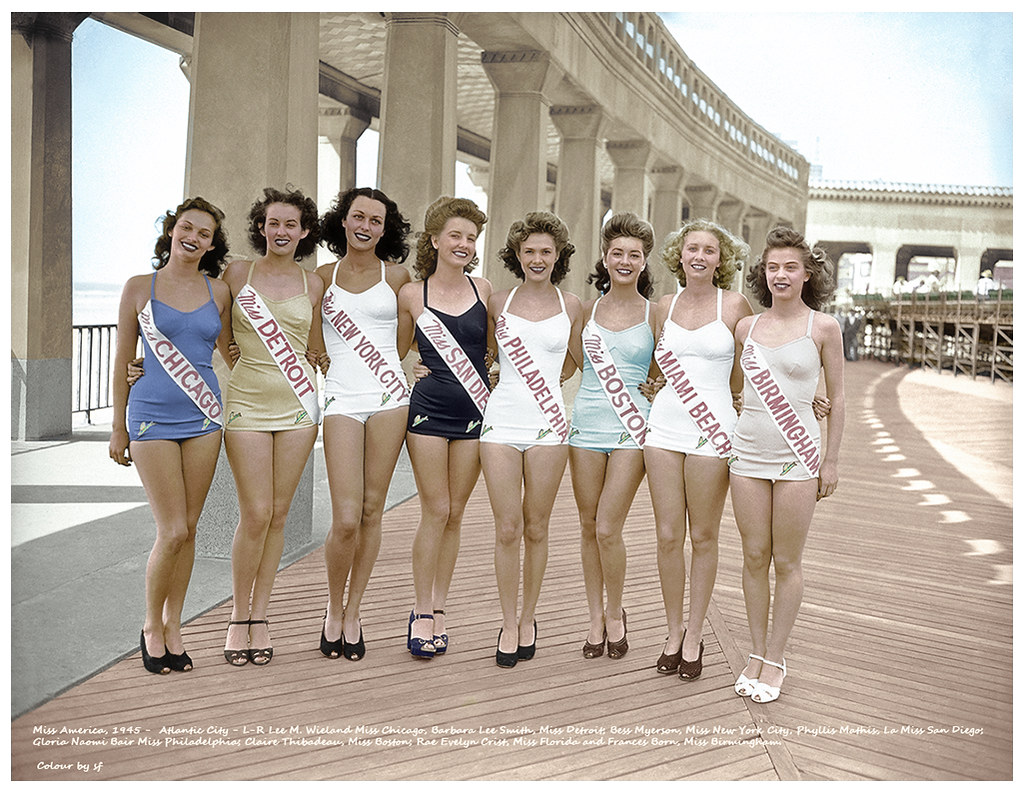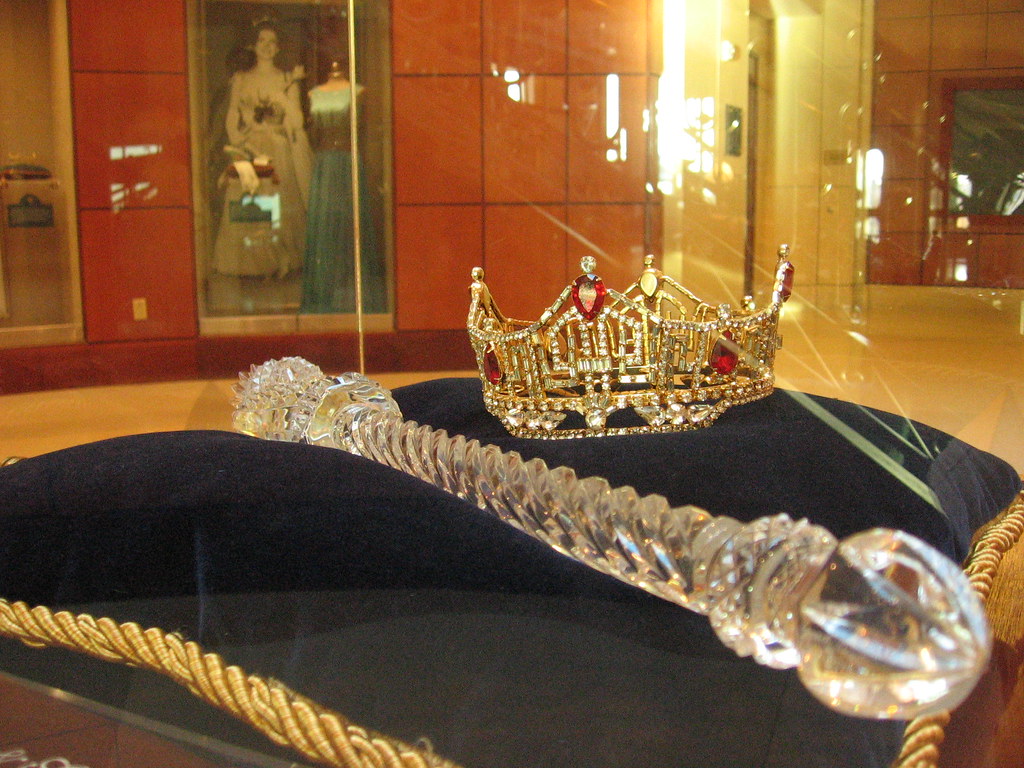The Miss America pageant turns 100 this year, but will it last much longer? In America’s forward sociopolitical climate where feminists protest women’s objectification, their continued discrimination and right to choose what to do with their bodies freely, Miss America’s superficial beauty-based competition stands out as archaic and risks becoming obsolete.

First launched in 1921, from Atlantic City as a beauty contest, just one year after women obtained the right to vote, Miss America’s role in American culture has been complex from the very beginning.
Though loyal Miss America organizers and aficionados continue to believe the contest will continue to have a place in American culture by adapting to contemporary times, one cannot but wonder whether given its nature, that is even possible.
Once broadcast on primetime television, the show can only be streamed on NBC’s Peacock service today. Research shows that since its glory days in the 1960’s, Miss America pageant’s viewership continues to decrease. Viewers have dropped from 8.6 million in 2013 to 5.6 million in 2017, according to the Press of Atlantic City.

Notwithstanding Miss America’s complicated relationship with women’s efforts to break the glass ceiling, fans insist that the contest is often misunderstood and continues to adapt itself to be relevant to today’s women.
Crowned Miss America in 2004, Ericka Dunlap has explained that the organization has helped her graduate college debt-free and build a career as a TV personality. “I think that people have the wrong idea about what Miss America is all about because it’s not just about getting dressed up and being prim and proper and being perfect on stage,” said Dunlap.
But not everyone is happy with Miss America’s recent attempt to update its values. Margot Mifflin, the author of Looking for Miss America: A Pageant’s 100–Year Quest to Define Womanhood, points out that for some people the shift towards highlighting leadership and talent is diminishing the original purpose of the competition.

“It’s in kind of a bind because as it tries to progress, it not only loses its original identity, but becomes less entertaining to the people who like to watch it”. Yet Mifflin notes that although the Miss America pageant tries to be relevant, to engage in what she calls a “dialogue with feminism”, it’s always behind the times and “it always seems like it’s trying to catch up.”
On the opposite end of the spectrum, some believe that the pageant’s progress towards modernization is insufficient.
The infamous “rule number seven” in place from the late 30’s throughout the 50’s, required that all participants be “of good health and of the white race.”
Explicitly protesting the lack of diversity and racial discrimination, a Miss Black America competition was created in 1968. In fact, it wasn’t until 1984 that a Black woman, Vanessa Williams, was crowned Miss America.
Furthermore, while Miss America’s CEO and President Shantel Krebs claims that the organization is “committed to diversity, equity and inclusion,” the contest only eliminated judging physical appearance three years ago in 2018, on former Miss America Gretchen Carlson’s insistence. President Krebs reported that ever since that rule was changed annual participants spiked from 5,000 to 6,500.
As former Miss America Ericka Dunlap noted, the pageant still needs to make lots of progress in the future; for example, it has yet to crown a Latino winner. Dunlap believes that more should be done to allow less financially stable applicants to cover application fees and that the organization should provide them with gowns to enable all contestants from different socioeconomic backgrounds to participate.

In an effort to move forward with the times and promote women’s academic and professional journeys, a sum of $435,500 in scholarship money will be distributed in this year’s competition, in addition to over $5 million awarded yearly across national, state and local programs.
Though Dunlap remains dissatisfied with Miss America’s slow-paced progress, she hopes to see a shift in its overarching message for women. “I just feel like there’s mixed messaging on whether or not you can be beautiful and attractive and also still be intelligent. And I just think that’s silly to me,” Dunlap said. “It’s like women can only do one thing, so pick a side. And that’s not true.”











